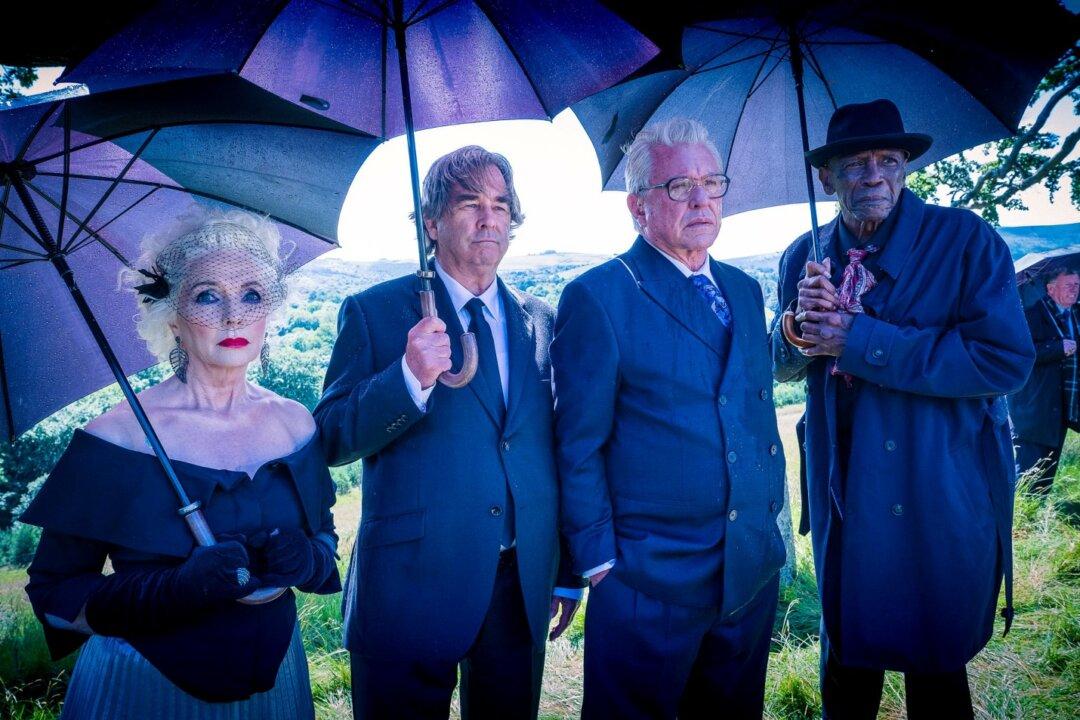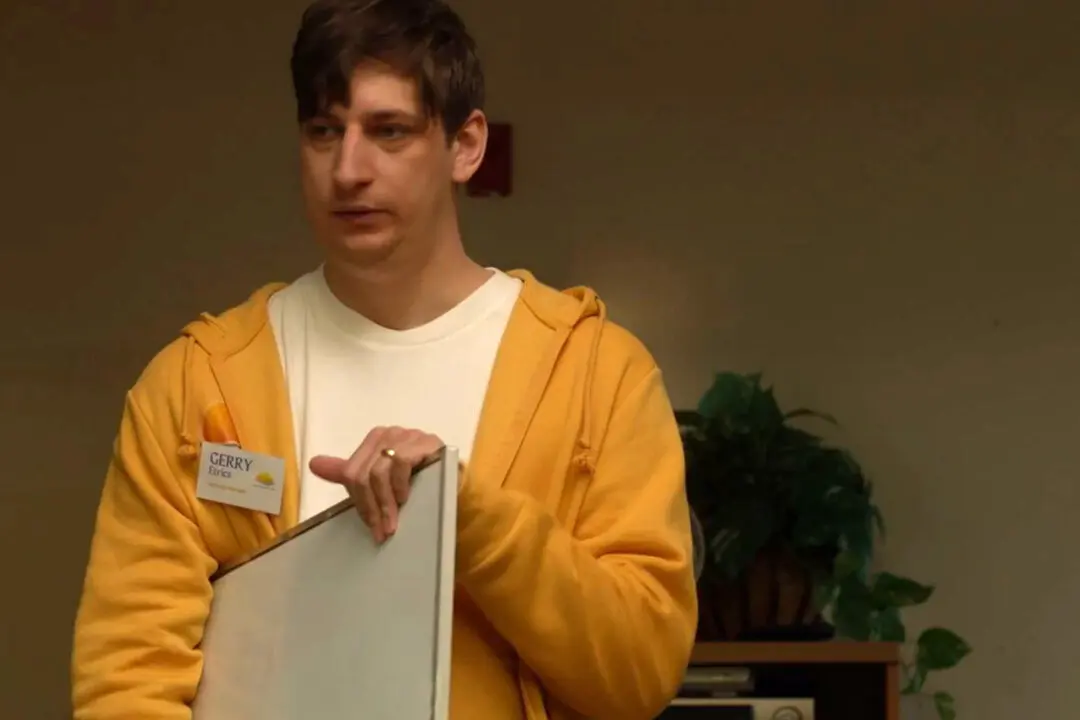“Supervized” stars Tom Berenger as Ray, in a new, young-at-heart comedy film that purportedly explores ageism. Directed by Steve Barron (“Coneheads,” “Teenage Mutant Ninja Turtles”), the film explores what it would be like if our favorite superheroes went to old folks’ homes after reaching their retirement ages.
Back in his prime, Ray, also known as Maximum Justice, was one of the most popular superheroes of all and was used to saving the world from all manner of dastardly plots. However, after he started getting up in years, an organization known as The Federation placed him in a nursing home, which for some unexplained reason is located in Ireland.






